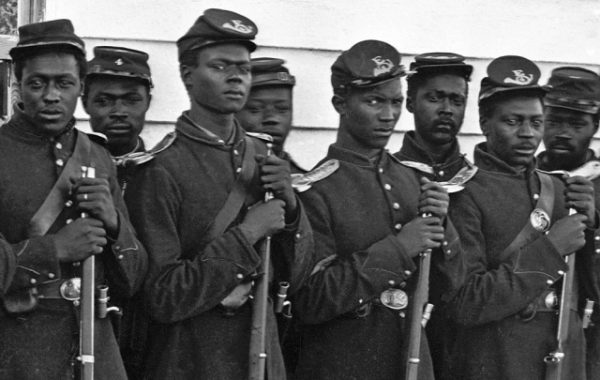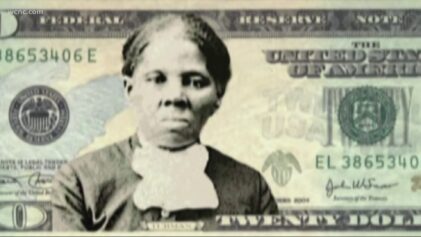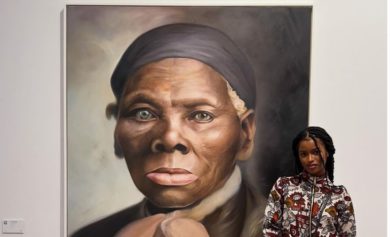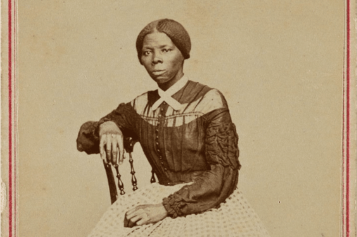The Lincoln administration struggled with the idea of authorizing the recruitment of Black troops, concerned that such a move would spark the border states to secede. On July 17, 1862, Congress passed the Second Confiscation and Militia Act, freeing the enslaved who had plantation owners in the Confederate Army. Two days later, slavery was abolished in the territories of the United States. The National Archives breaks down how enslaved Africans impacted the Civil War.
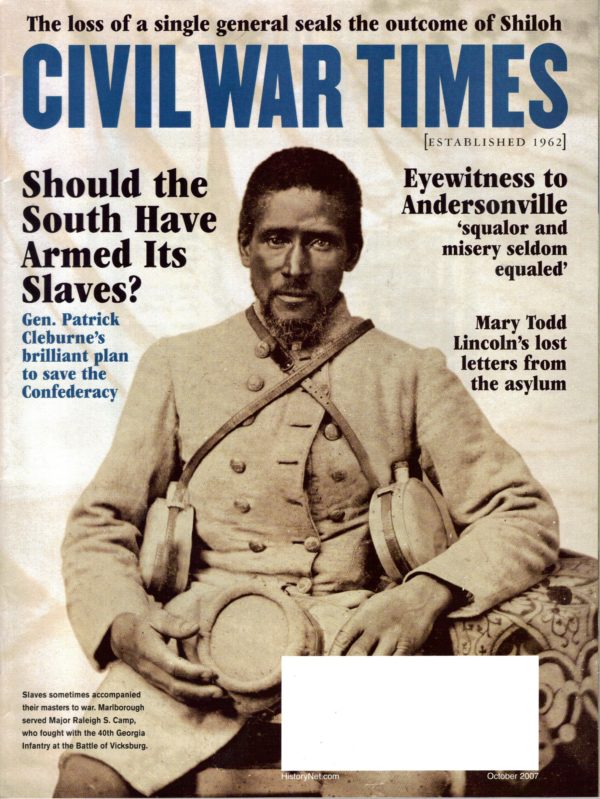
Gen. Robert E. Lee was a beloved figure in the South, and it took him, through virtually pleading, to convince the Confederate Congress to begin enlisting Black soldiers. The legislation required the consent of the plantation owner and would confer the rights of a freeman after the war, says history.net. Yet a month after the order came out, Virginia was able to muster no more than 50 enlistees.
About 179,000 Black men (10 percent of the Union Army) served as soldiers in the U.S. Army and another 19,000 served in the Navy. Black soldiers’ impact was varied, according to civilwar.org. They not only fought but served in artillery and infantry and performed all noncombat support functions that sustain an army, as well. And there were nearly 80 Black commissioned officers.
